The Chinese economy will grow beyond 5 percent this year if the government adopts more proactive fiscal and monetary expansion to stimulate domestic investment and consumption, said Justin Yifu Lin, dean of Peking University's Institute of New Structural Economics.
In an exclusive interview with China Daily, Lin said that the nation's potential annual growth rate in the coming decade could be 8 percent or higher, rebutting theories that economic growth will continue to drop due to such factors as demographic changes and the so-called balance sheet recession, as experienced by Japan.
A balance sheet recession implies that households and enterprises have high levels of debt, resulting in sluggish consumption and investment, which in turn causes growth to either slow down or decline.
"I personally believe it would be possible for China to reach 5 percent to 5.5 percent (growth) this year," said Lin, who is also vice-chairman of the Committee on Economic Affairs of the National Committee of the Chinese People's Political Consultative Conference.
He attributed the challenges facing the Chinese economy primarily to the global economic slowdown and falling external demand. He said these factors dampen the confidence and investment sentiment of private enterprises — a major force in China's foreign trade sector — resulting in fewer jobs and discouraging consumption and investment.
"It would be desirable for the government to adopt more proactive countercyclical fiscal expansion, as well as monetary expansion, to provide more resources for supporting domestic investment and consumption," he said.
The government will be wise to invest more resources in areas where private enterprises are not eager to invest, such as basic research, green infrastructure and skills training, to promote technological innovations and industrial upgrades, said Lin, who is also former senior vice-president and chief economist of the World Bank.
He suggested that the nation adopt industrial policies to overcome market failures and support entrepreneurs, in order to turn sectors with potential comparative advantages into sectors with actual comparative advantages.
China is experiencing an uneven economic recovery after the COVID-19 pandemic, and many experts have been calling for stronger policy support to stimulate investment and consumption.
The People's Bank of China, the nation's central bank, cut the reserve requirement ratio by 0.5 percentage point on Feb 5 to inject liquidity of about 1 trillion yuan ($140 billion) into the market.
In October, the central authorities announced that an additional 1 trillion yuan worth of special treasury bonds will be issued for specific projects, including those for flood control and agricultural land improvement.
Lin said it is wrong to predict that China will never catch up with the United States in terms of economic scale based on arguments such as that the expansion of State-owned enterprises could weaken the private economy, or that China might relive Japan's experiences after the real estate bubble burst in the 1990s.
For instance, the government investment expansion in projects such as highways and 4G or 5G networks carried out by State-owned enterprises has not only created more jobs but has also provided solid infrastructure for private enterprises, including big internet platforms, to grow quickly, Lin said.
Such measures have mitigated the spillover impact from the global trade slowdown since the global financial crisis in 2008 on the nation's private economy, he added.
China is unlikely to relive Japan's experiences and enter a period of balance sheet recession, as long as it promotes technological innovations and industrial upgrades, and creates more investment opportunities for enterprises, Lin said.
Japan abandoned its industrial policy approach under external pressure and failed to have major breakthroughs in basic research and technologies after the late 1990s, which is exactly what China should avoid while boosting investment and productivity, he said.
As long as China maintains dynamic economic growth and further opens its market, most companies and nations will have no reason to restrict their access to the Chinese market, he said, adding that the nation has reached a stage at which it is able to mobilize enough domestic capacity, resources and talent, when necessary, to achieve breakthroughs in certain areas.
Speaking on the aging issue in China, Lin said it is unnecessary to feel pessimistic. The number of working people is not as important as how effectively they provide their labor input, which largely depends on their education.
Statistics show that the country's effective labor input in general is actually on the rise, he said.









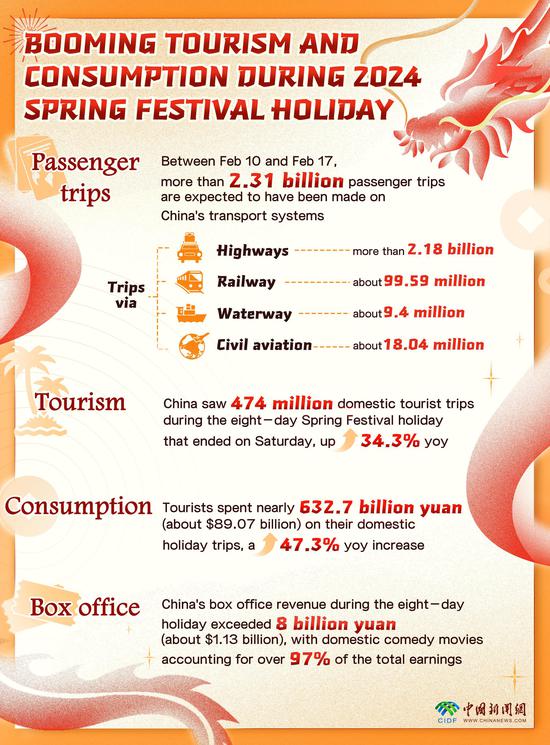





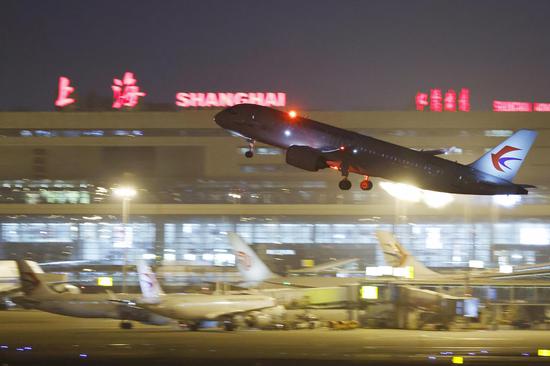
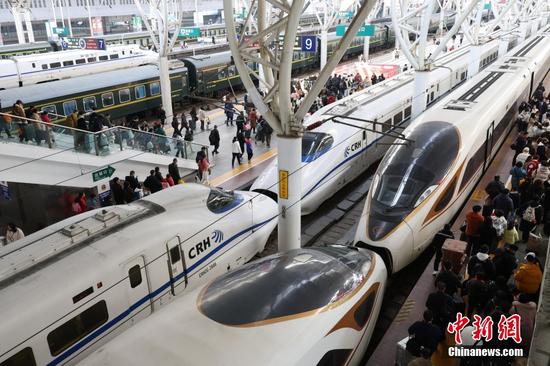





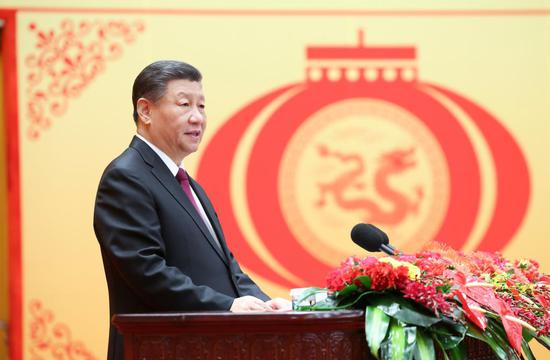









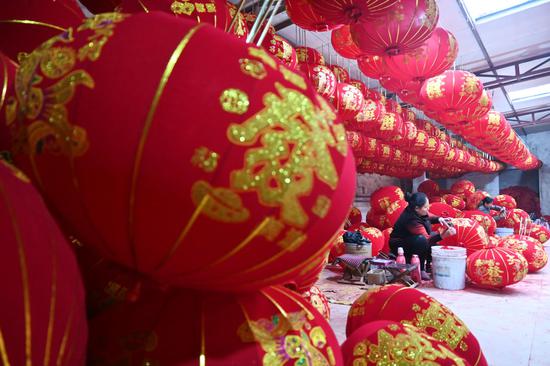

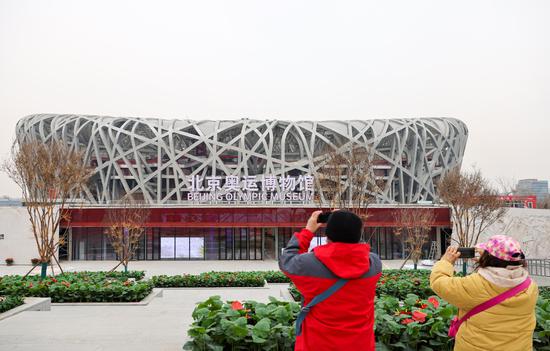







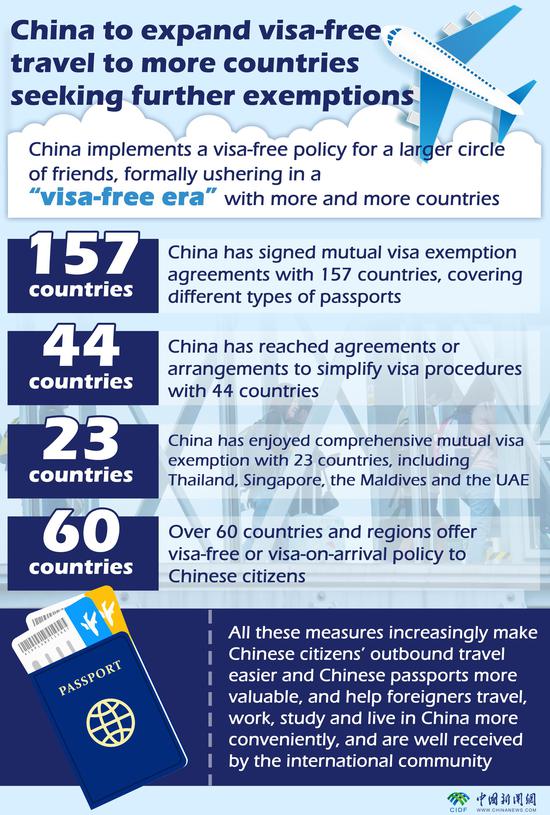

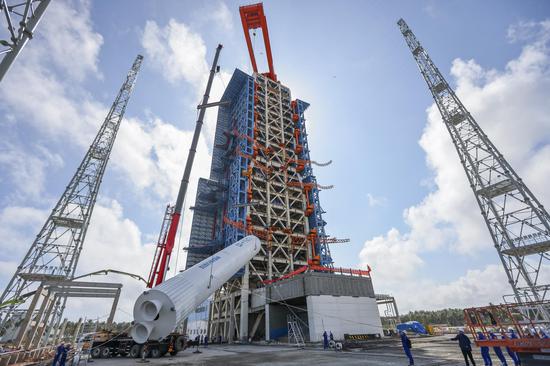





 京公網(wǎng)安備 11010202009201號
京公網(wǎng)安備 11010202009201號